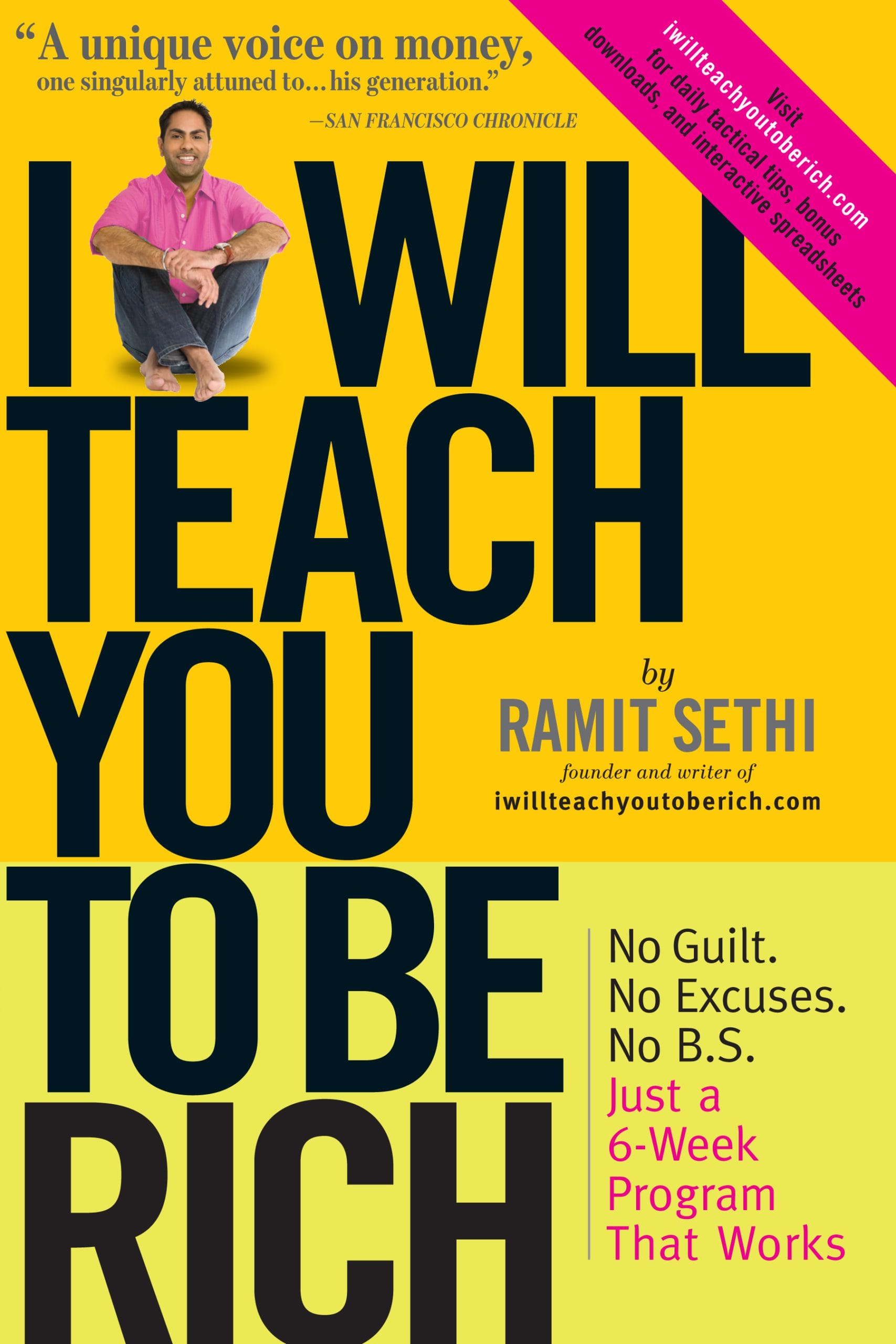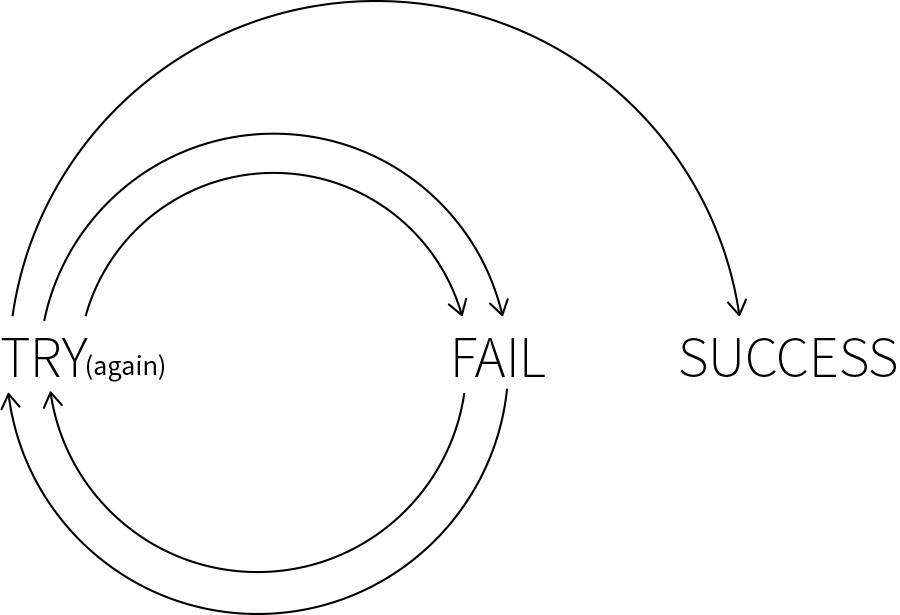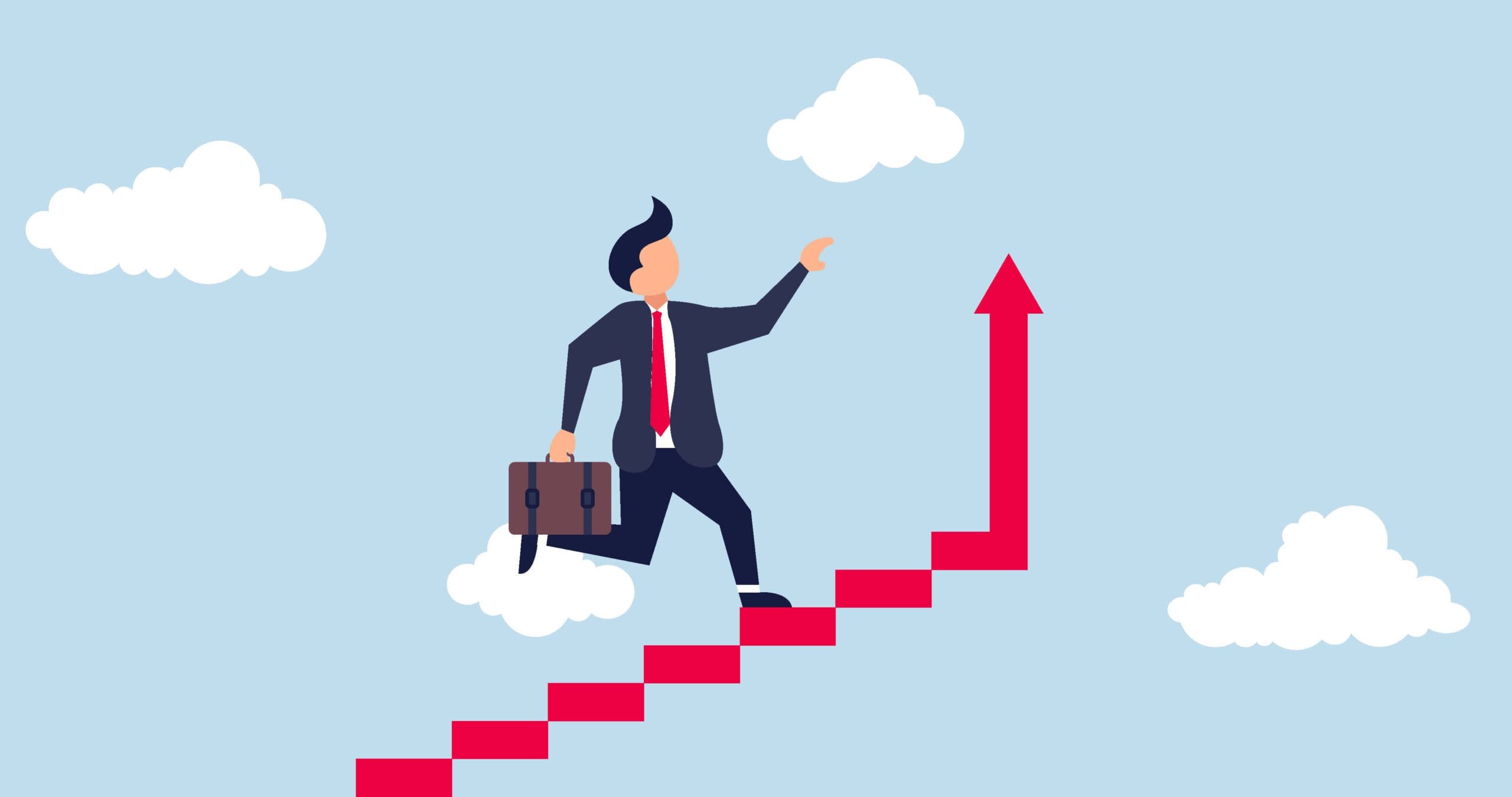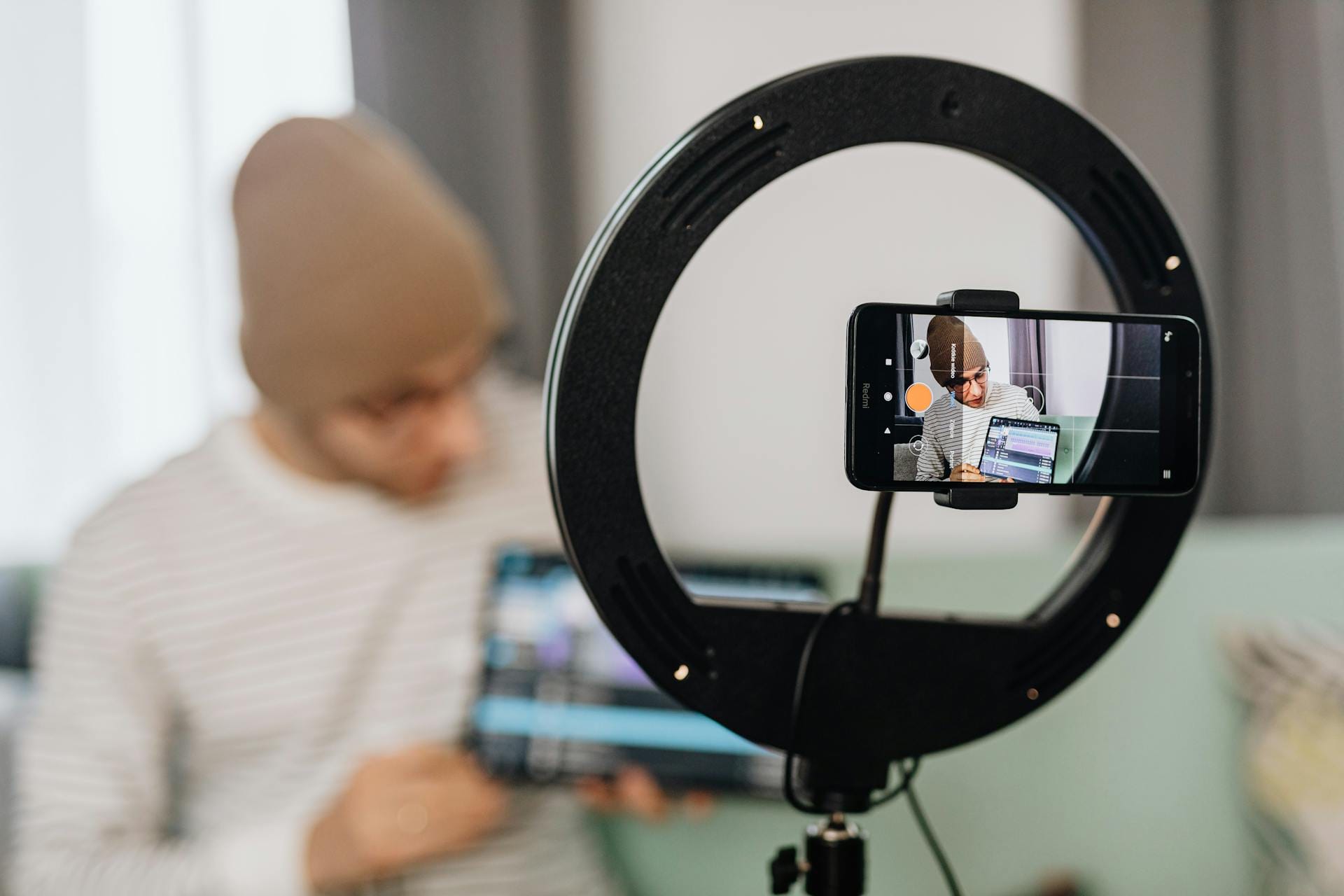
How an encounter with a homeless person pushed me to learn from failure
Spend enough time in entrepreneur culture, reading success stories or talking to other successful entrepreneurs, and you’ll come across a common theme: learning from failure.
Notable entrepreneurs were driven by failure — it brought Steve Jobs closer to success, and Bill Gates used failure as a stepping stone. As I’ve written before in another GrowthLab article on how our actions contradict our intentions: to succeed we must improve, and to improve, we must fail.

Of course, none of us actually want to fail, and because of that, not many of us are itching to rush headlong into failure’s cold embrace — so scary! This means that while the advice of learning from failure makes perfect rational sense, it’s difficult to internalize and really act on it if you’ve never experienced the true value of failing and are afraid of it in the first place.
So if we’re afraid of failing, how do we commit to taking a risk and being OK with failure?
My own lesson learning from failure
I found myself in this quandary in early 2018, when I was about to unveil the tangible efforts of six months of hard work, my first and only full-fledged advanced writing course. It felt like fun and games when I was actively busy with building the course, but the realization that I needed to put rubber to the road made the whole thing suddenly feel too real — and oh god, I just wasn’t ready to launch!
Rather, I wasn’t ready to fail (and I certainly didn’t want to).
The fear and doubt left me feeling like a deer in headlights. But all that changed after a chance encounter with a homeless person.
I went on a walk around my neighborhood, as I normally do in the mornings. Each step I took seemed to carry the full weight of all those negative “what if” scenarios stewing in my head: What if no one bought? What if I did all this work for nothing? What if I looked dumb in front of my peers, friends, and family?

While brooding and waiting for the intersection light to turn green, I noticed a homeless person poking around a nearby trash bin. I’d guessed that she was looking for bottles to recycle (in California, you can turn in certain recyclables for a nominal sum of money). Watching her sift through other people’s refuse, I had an epiphany that shifted how I thought about my situation in relation to risk and failure:
This was my opportunity to fail.
Let me explain.
Here was this stranger: homeless and desperate to scrape by, clearly not blessed with the same opportunities I had. Then there was me — I had a $3,000 MacBook sitting on my table at my cushy, air-conditioned home, and I was agonizing over whether my ego would make it out of my product launch intact. It was just my ego, people! The switch in perspective made me realize that my problems could more easily be solved.
If my launch bombed, sure, I’d face the inconvenience of rethinking my plan, analyzing what worked and what I could do to improve, or reassessing my approach altogether.
But I wasn’t going to be homeless, starve, or need to painstakingly collect recyclables for days to maybe earn $10. In reality, I had a pretty large safety net — I could afford to fail.
It was then that I realized that I needed to make the best out of my own situation and just take that leap … because not everyone has the same opportunity to fail. For some, the risk is too great; or the opportunity non-existent. For others, like myself, the risk was there but certainly not life-threatening. The worst that could’ve happened to me?
No one buys my course!
What does this all mean for you?
My message to you is this: If your current biggest concern involves a product launch that flops or that no one signs up for your email list, you are going to be OK. This is actually a good thing! These are problems you can solve by doing, maybe failing, then improving.
“Failure is the key to success,” Morihei Ueshiba, founder of the martial arts style aikido, says, “[because] each mistake teaches us something.”
There’s truth to that, in my experience: When you fail, it means you took a risk, but things didn’t pan out as you hoped. That you actually took a shot and missed.
These missed shots and learning from failure teach us a lot about what we need to do to improve: key things to avoid, what to keep doing more of, and — hopefully — how to succeed better.
The flip side of that is, if you take no risks and do nothing, you experience neither failure nor success.



